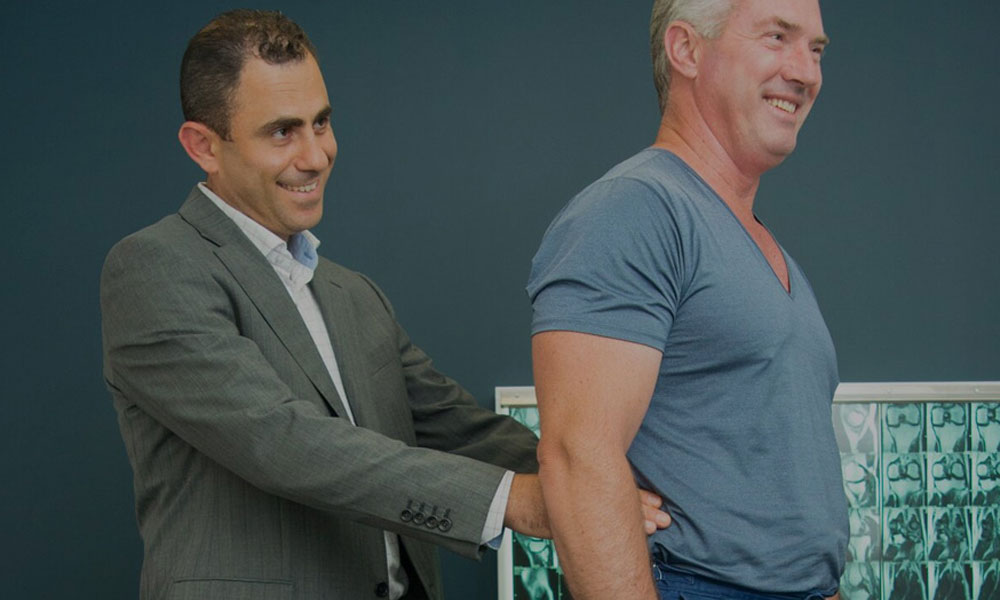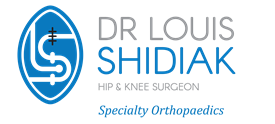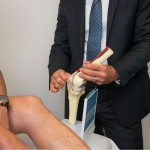
Hip arthroscopy is an orthopaedic procedure that uses key-hole surgery to examine and treat pain inside of the hip joint. This involves a tiny camera that is inserted through small incisions to help assist Dr Shidiak with any surgery that may be required to repair damage to the joint. As a minimally invasive procedure, the recovery time is much quicker than traditional surgical procedures.
Because a hip arthroscopy is more difficult than arthroscopy of the knee or shoulder, Dr Shidiak will assess whether an arthroscopy is required through a number of examinations. This is due to the hip joint being much deeper within the body and being very difficult to access due to its conforming nature. It also surrounded by much larger muscles, and thicker tendons and ligaments.
Is hip arthroscopy right procedure for me?
Patients may approach Dr Shidiak for hip assessment if they are experiencing recurrent pain, stiffness, catching, locking or giving way with certain movements within the hip. Dr Shidiak will run a number of physical examinations and investigations such as MRI and CT scans to properly diagnose and determine whether an individual requires a hip arthroscopy.
Hip arthroscopy is commonly performed to repair cartilage defects, remove loose bodies, repair a labrum when it is torn, and treat other conditions such as cleaning an infection around the joint or investigating the area after a hip replacement.
What is the recovery time?
Recovery time for arthroscopic surgery can be faster than other surgical methods due to its minimally invasive approaches. Depending on the individual, patients usually return to normal functioning sooner than other procedures.
This procedure requires a general anaesthetic with muscle block. This helps to relax the muscles, making the procedure easier to perform for Dr Shidiak. This often means the patient will spend the night in hospital and released when able to bear weight on your legs, usually with the assistance of crutches. Crutches may be recommended for few weeks, which will depend on your condition post-surgery. Non-steroidal or anti-inflammatory drugs may also be given to take following surgery to assist with recovery.
Dr Shidiak will determine when a patient can return to work or normal activity depending on each individual’s condition. Physiotherapy is most likely to be recommended to assist with the recovery of joint function and muscle control.
Are there any risks?
Hip arthroscopy is considered a safe procedure. Common complications may include temporary discomfort, slight bruising or numbness around the hip, which is usually related to traction placed on the hip during the procedure.
Less common complications from having a hip arthroscopy include infection, bone fracture, or permanent nerve injury. Patients are encouraged to ask Dr Shidiak questions and express any concerns prior to the procedure, where he will discuss in detail the possible risks and side effects.
Specialising in conditions of the hip and knee, Dr Shidiak is highly qualified in providing the best possible options for his patients using advanced surgical and non-surgical methods, suited for each individual’s needs. If you are experiencing pain around the hip joint and need to seek a professional opinion, contact our reception on 02 9806 3333 to book in a consultation with Dr Shidiak today.


